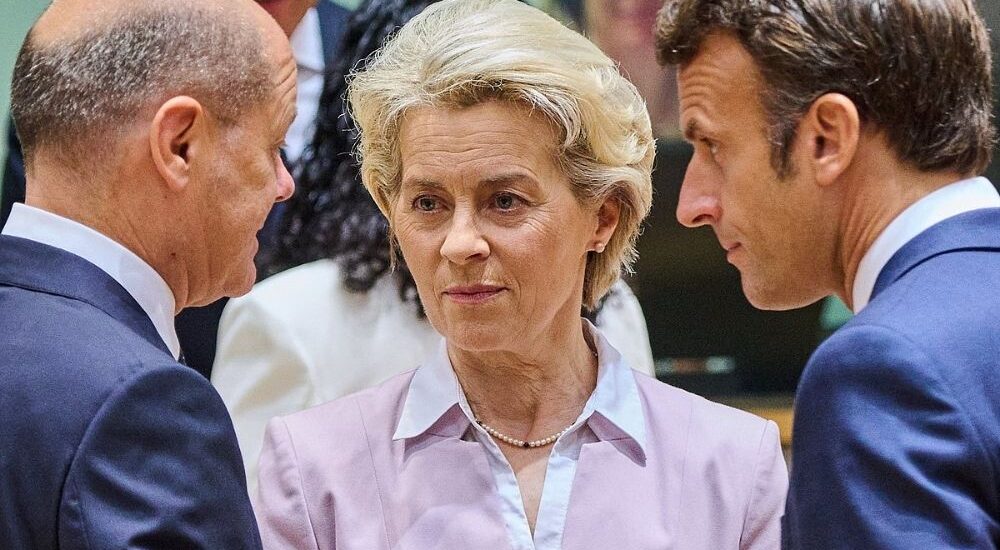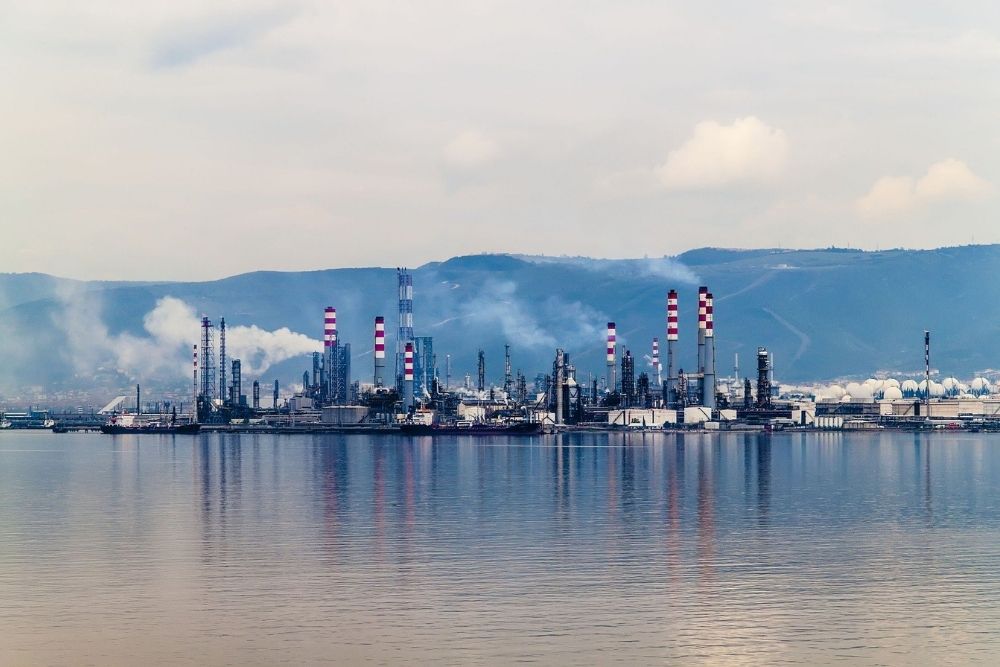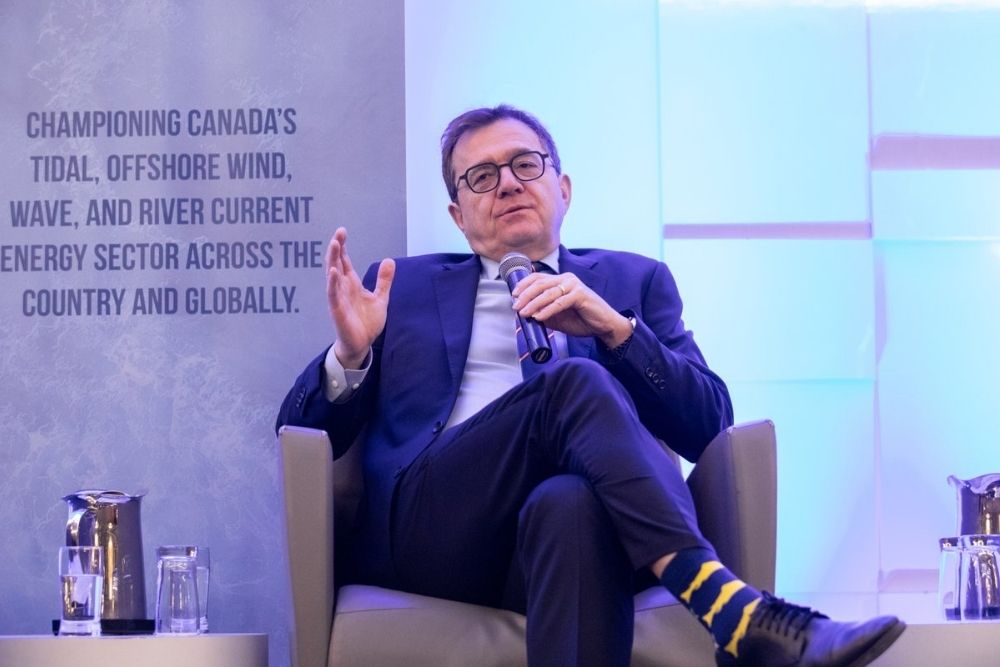Franco-German energy transition dispute intensifies
- September 18, 2023
- Posted by: Quatro Strategies
- Categories: Business & Politics, ESG & Renewable Energy, Europe

The escalating standoff between France and Germany reveals the disruption caused by the combination of the energy crisis and the European Union’s (EU) green transition. The heart of the dispute revolves around the role of nuclear power in the EU’s future energy mix, which reflects a broader concern about the location of Europe’s industrial core. Both nations are striving to balance providing affordable electricity while advancing green energy transitions to achieve carbon neutrality.
For France, grappling with the memory of the “yellow vest” protests, energy prices remain a sensitive topic. Germany is under pressure after a messy reform to shift household heating from fossil fuels resulted in a decline in support for Chancellor Olaf Scholz’s coalition. Opposition parties in both countries are capitalizing on the issue, further intensifying the debate.
The EU cannot afford a prolonged conflict within its industrial core. Concerns about the US attracting investments and the competitive threat posed by China add to the urgency of resolving the dispute. The disagreement is not limited to energy prices but extends to core elements of the Green Deal, revealing differences in perspectives and interests between France and Germany.
France seeks an edge in revamping EU power-market rules to prolong the life of its aging nuclear reactors, tapping new financing sources to achieve this. Conversely, Germany is concerned that such regulations could allow France to undercut German energy prices, potentially leading to an exodus of investment. Germany fears that without reliable access to affordable power, energy-intensive companies will relocate, jeopardizing its industrial base.
France’s energy infrastructure being state-owned is a significant point of disagreement. Germany is worried that the state-controlled Electricite de France (EDF) could offer power at uneconomical costs, distorting the market. The potential loss of industrial competitiveness is a significant concern for Germany, and this dispute could impact the industrial landscape in both countries and across the EU.
The situation is pressing for a resolution, particularly as the domestic law obliging EDF to sell power at a deep discount expires at the end of 2025. If not resolved promptly, this dispute could impede progress in the EU, especially considering upcoming European Parliament elections. Unifying in the face of global competition is crucial, but the ongoing disagreement underscores the challenges of achieving cohesion within the EU, especially regarding critical issues such as energy and sustainability.
Interested in learning more?
Sign up for Top Insights Today

Top Insights Today delivers the latest insights straight to your inbox.
You will get daily industry insights on
Oil & Gas, Rare Earths & Commodities, Mining & Metals, EVs & Battery Technology, ESG & Renewable Energy, AI & Semiconductors, Aerospace & Defense, Sanctions & Regulation, Business & Politics.


